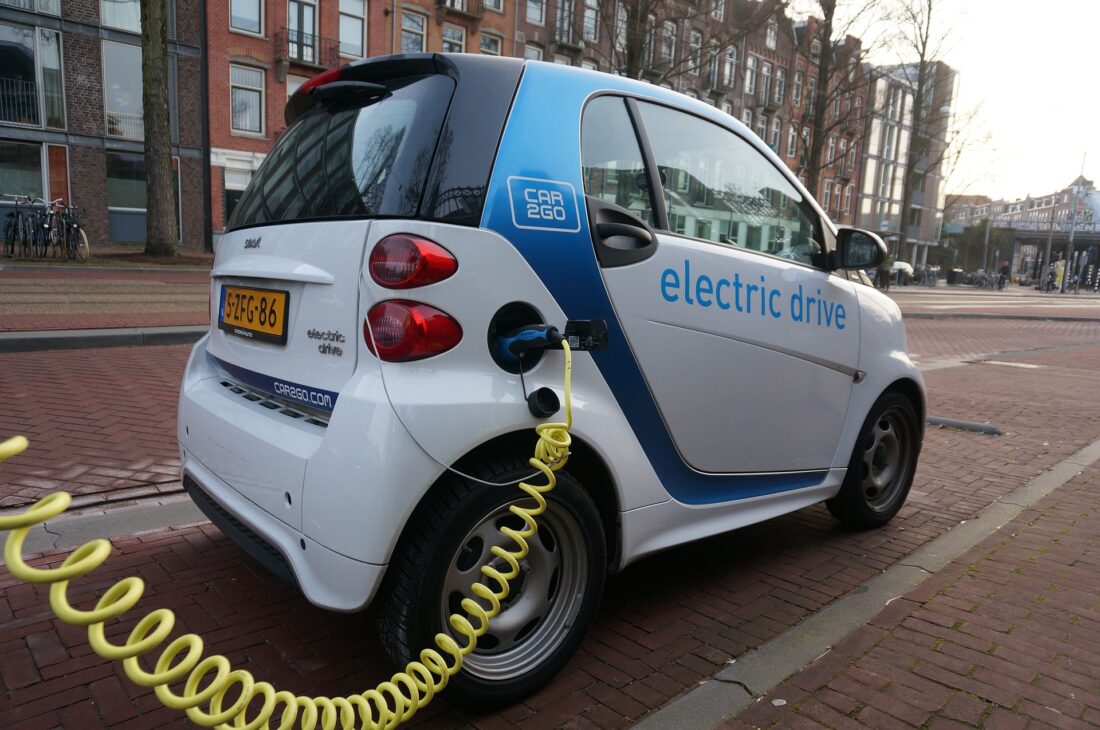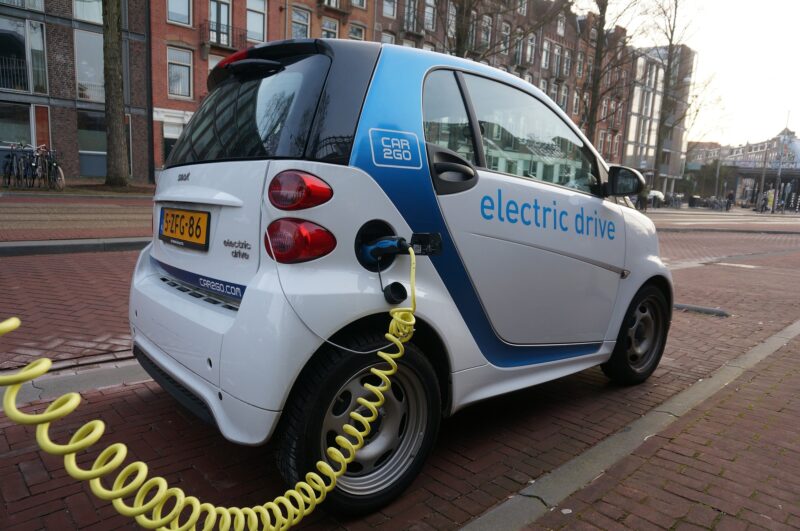
With the growing concerns for the climate crisis, the UK has worked continuously in introducing new policies and changes to ensure our carbon emissions continue to reduce before it is too late. One of the most popular things being implemented is the replacement of petrol and diesel cars to electric vehicles (or EVs).
Like petrol and diesel cars, you may want to look at the different specifications to make sure the vehicle is suitable for your lifestyle. However, unlike their counterparts, EVs have their own list of specifications that can seem unfamiliar at first glance.
Here are the top 5 things you should consider when buying an electric car:
1. Cost
The aesthetic of a car is a priority for some people. However, like petrol and diesel cars, certain brands or models are much more expensive than others. Identify the budget you can spend on a car that wouldn’t require you to break the bank, but also be mindful of the additional factors that might impact the cost of running the car. These may include insurance premiums, cost to charge, your weekly mileage or even driving style.
At present, there is also the Plug-in Car Grant (PiCG) scheme that drivers can take advantage of when considering purchasing a new EV. The scheme sees the government offer a cash incentive for consumers to switch from conventional vehicles to eco-friendly electric cars and vans. From March 2020 onwards, a £3,000 or 35 percent of the vehicle’s market value (whichever is lower) can be offered to anyone who purchases an EV.
2. Max EV range
All cars will have a maximum range, for petrol and diesel cars this would be the distance the car can travel on a full tank, whereas for EVs this is the distance the car can travel on full charge. The full range an EV can travel is correlative to the battery size (in kWh) of the vehicle. In short, the bigger the battery, the longer it will be able to travel.
Most EVs would offer enough range for an average commute, however, the range of an EV on its full charge may impact how many times you will have to charge in the week or during a long journey. The ranges and the battery capacity on each EV can vary, for example, on the lower range there is the Smart EQ for four has a battery capacity of 17.6 kWh with a max. range of 55 miles and some EVs, like the Tesla Model 3, can travel upto 280 miles on a full charge.
3. Charging method
For most EV drivers, it would be best to be able to charge at home. You would require a parking space and a spot for your to install a charge point. This would allow you to charge at night and get the car ready to go for the next morning.
However, besides charging at home, you may also want to get familiar with the charging connectors and charging tariffs that come with EVs.
In the UK, there are currently 3 types of charging, these include slow, fast and rapid. Each of these have their own set of connectors to deliver the required electricity (kW) to your EV. According to Zap Map, here are the connectors available for each charging:
Slow Charging
- 3 Pin – 3 kW AC
- Type 1 – 3 – 6 kW AC
- Type 2 – 3 – 6 kW AC
- Commando – 3 – 6 kW AC
Fast Charging
- Type 2 – 7-22 kW AC
- Type 1 – 7 kW AC
- Commando – 7 – 22 kW AC
Rapid Charging
- CHAdeMO – 50 kW DC
- CCS – 50 – 350 kW DC
- Type 2 – 42 kW DC
- Tesla Type 2 – 150 kW DC
While this may seem overwhelming at first, as long as you plan ahead in identifying which connector your car requires you will be able to charge your EV rather easily. Other solutions may simply mean that you need an adaptor for your EV at certain charging stations.
Now that you have an idea on the key things to look out for when purchasing an EV, you can check out this guide that LeaseCar have prepared. It looks at some of the most popular EV models on the market and gives you a bite size comparison of each of their strengths and weaknesses. If you want to share your top choice of EV, feel free to share via #EVTopTrumps.



